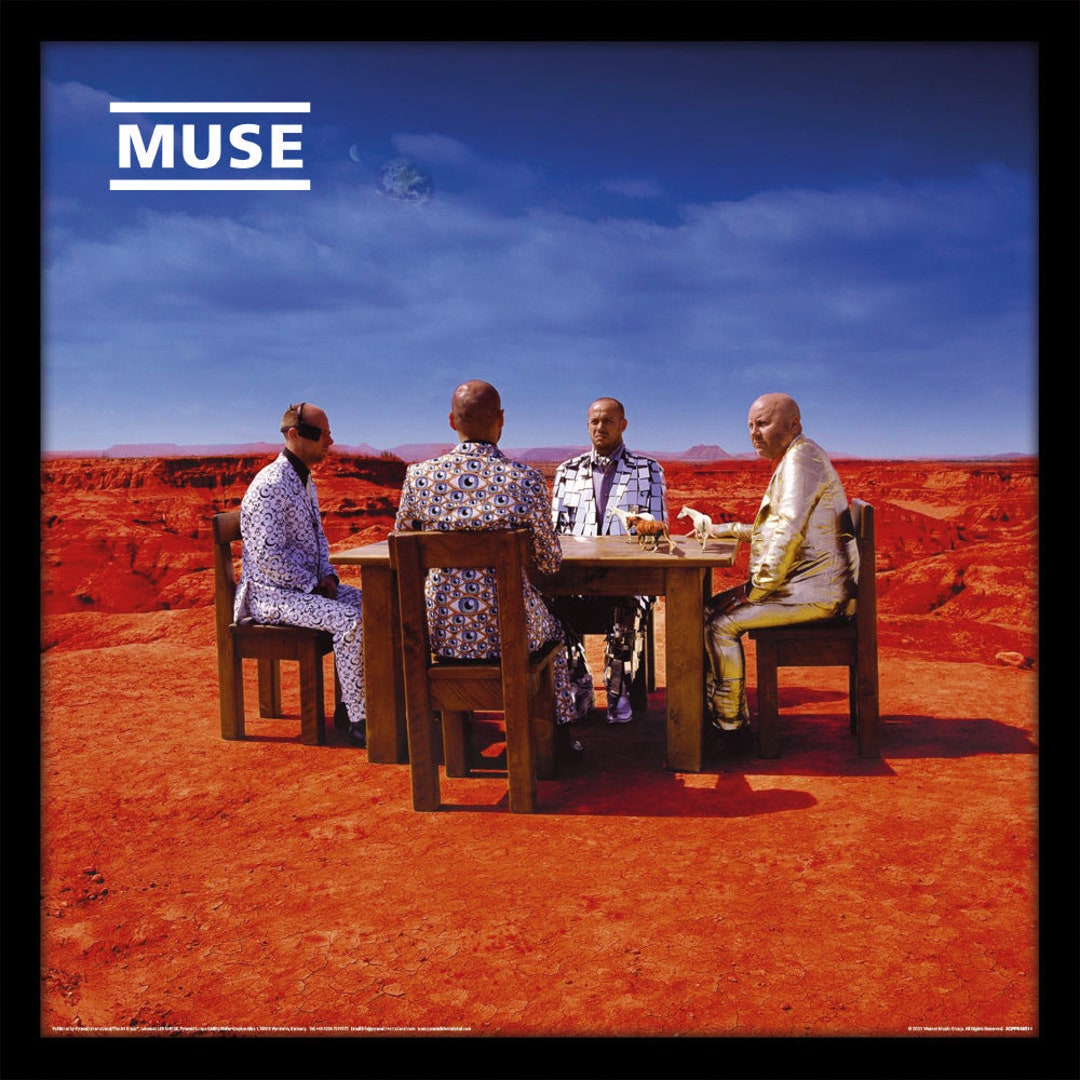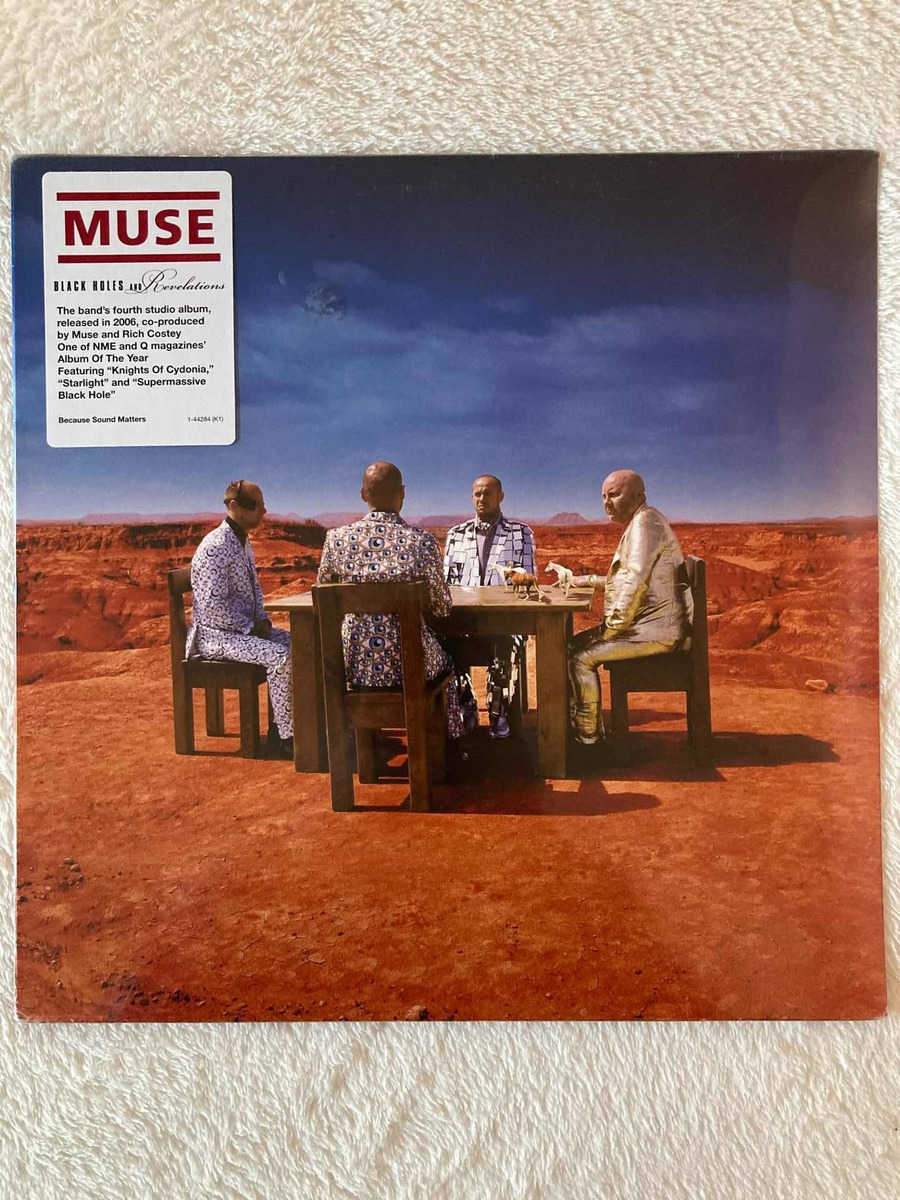
Musically, too, influences are drawn from as far and wide as noise rock, classical, dance, surf rock, electronic and prog. It is, after all, fuelled by the members’ mutual interest in conspiracy theories, the New World Order and ideas of alien invasions. And on paper, Muse’s approach to Black Holes And Revelations had all the makings for an overblown affair. The West Country trio of singer/guitarist Matt Bellamy, bassist Chris Wolstenholme and drummer Dominic Howard aren’t ones to do things by halves.


The boundless imagination that comes with self-reflection Listen to ‘Black Holes And Revelations’ here. The stage was set for their fourth album, Black Holes And Revelations, to go stratospheric. Their parting of ways may have hindered the band’s growth stateside, but on their third album, Absolution, Muse established themselves as a bona fide rock force throughout the rest of the world, headlining the legendary Glastonbury Festival in 2004 and setting the record for smashing the most guitars on a single tour (that’s 140 for anyone who’s counting).

Though their debut album, Showbiz, received a lukewarm reception from critics and the record-buying public alike, it didn’t stop this ambitious band from taking a hugely experimental approach to its follow-up, Origin Of Symmetry, butting heads with their US label, Maverick, in the process for not being commercial enough. Before Muse even released an album they had already played the massive Woodstock ’99 festival and caught the attention of esteemed DJ Steve Lamacq and celebrated music newspaper NME.


 0 kommentar(er)
0 kommentar(er)
